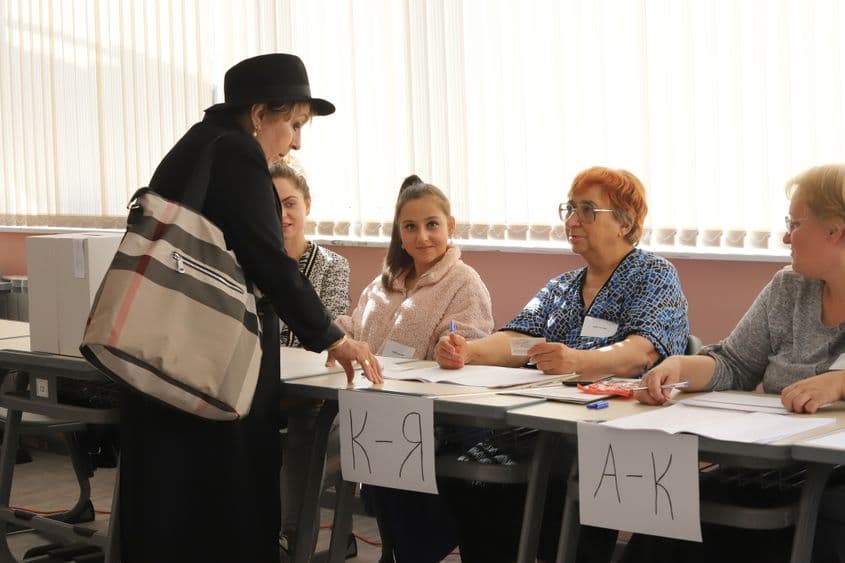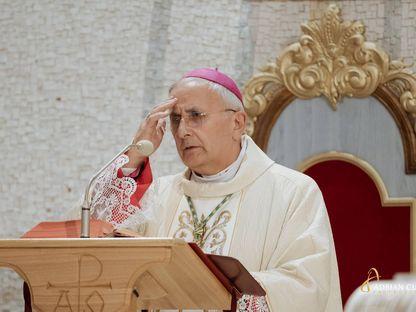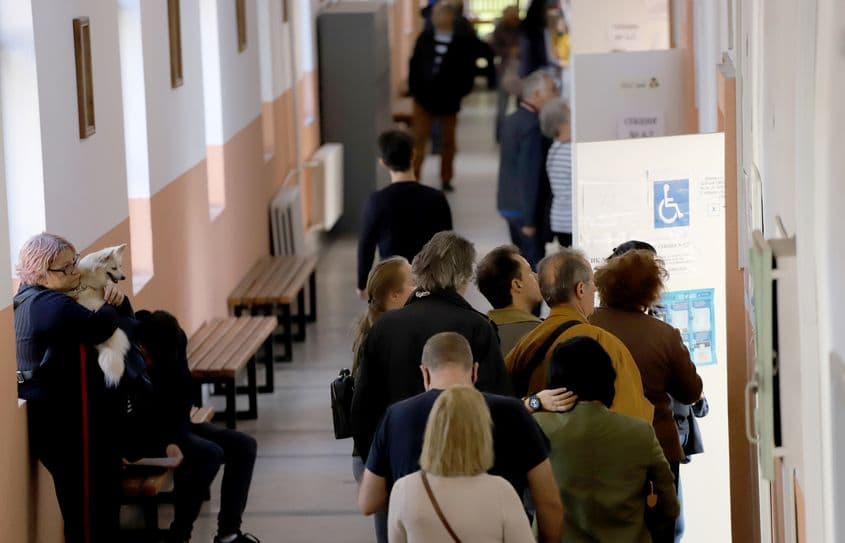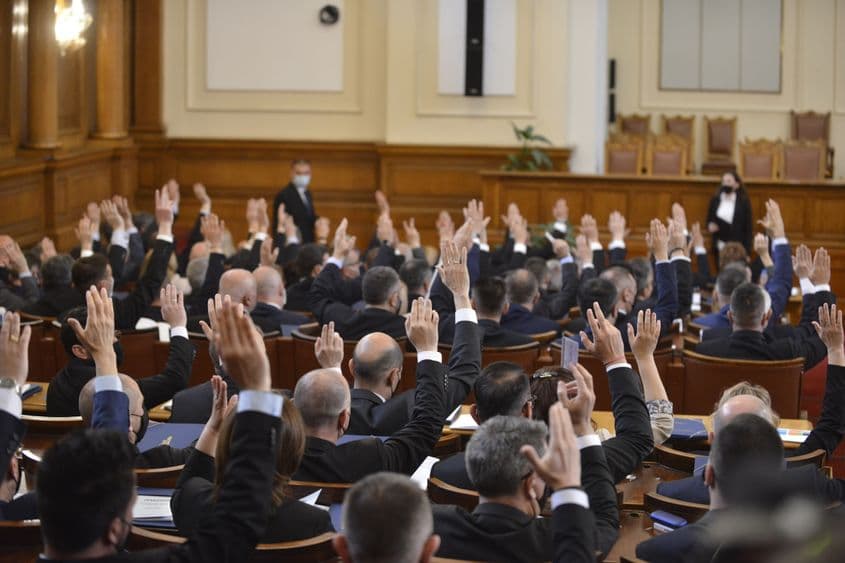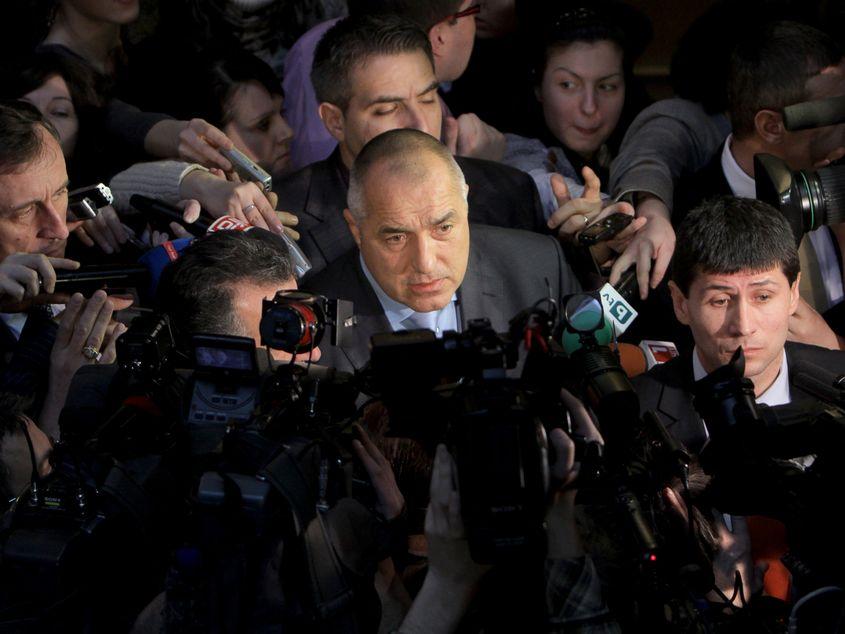
Bulgarian Prime Minister Boyko Borissov. © Antonchalakov | Dreamstime.com
04/10/2022
Elections in Bulgaria, for the fourth time in two years: no good news for the poorest country in the EU
On October 2, Bulgaria organized parliamentary elections for the fourth time in two years. With a record voter turnout of just over 30%, these elections will certainly bring the country into a deeper and deeper political crisis.
The official winner is GERB, the party of former Prime Minister Boyko Borissov, investigated by the European Public Prosecutor's Office for corruption charges, who ended his third term two years ago, after several months of protests.
In these last elections, he won the trust of 25% of the voters, or at least that is what the data of the Central Electoral Commission show.
Harvard University graduates Kiril Petkov and Assen Vassilev, who led the country for six months after winning the November 2021 elections, remained in second place with just over 20%.
Bulgarians voted for the fourth time in two years. October 2022. Photo © Radila Radilova | Dreamstime.com
Five other parties made it to the next Bulgarian parliament. The Movement for Rights and Freedoms, which is a pro-Turkish ethnic party, kept its electorate solid and thus obtained 13.76% of the votes. They are followed by the pro-Russian populists from the "Renaissance" nationalist party with 10.17%, and by the pro-Russian Bulgarian Socialist Party with 9.30%.
The reformist Democratic Party of Bulgaria also entered the parliament, obtaining 7.44% of the votes. In last place and slightly above the 4% barrier - below which a party cannot enter the Bulgarian Parliament - is the Bulgarian Renaissance, of the former interim prime minister Stefan Yanev, which obtained 4.62% of the votes, also gathering a pro-Russian vote.
Showman Slavi Trifonov's party, which won the July 2021 elections, "There is such a people", remains out of parliament, with just over 3% of the votes.
With such a turnout, there are no winners
After four rounds of parliamentary elections from April 2021 onwards, after which a government was elected only in November 2021, and only for a few months, many Bulgarians are tired. Political actors have not changed their messages much. The only novelty came with the war in Ukraine, which divided both the people and the politicians into two groups.
Mulți ne citesc, puțini ne susțin. Fără ajutorul tău, nu putem continua să scriem astfel de articole. Cu doar 5 euro pe lună ne poți ajuta mai mult decât crezi și poți face diferența chiar acum!
If before the war the Russian influence in Bulgaria was considered a myth, now the Russian influence is the one that sets the agenda in the country. Due to Bulgaria's dependence on Russian gas, Kiril Petkov's government was exposed to attacks after Gazprom left the country without supplies. The same government also tried to stop several corruption schemes involving political actors connected to Russia.
Strong propaganda from Russia, combined with the usual compromises, completely changed the mood of the people in Bulgaria. Thus, voters with a less rich political culture turned towards populists, instead of the much-desired change. And those who were discouraged by another electoral campaign simply did not go to vote.
In addition to this, the forecasts from surveys of the main agencies in the country - Alpha Research, Trend, Gallup International, Market Links and Exacta - all of which announced that the winner would definitely be GERB - which sits almost 10% away from the next party ranked. Thus, many potential voters decided that there was no point in voting - the result seemed a foregone conclusion.
The same agencies also promised a convincing victory for GERB in the previous elections, but in the end their results were far from reality.
What's next?
Predator in Robes: The Diocese of Iași and the Vatican Buried a Sexual Assault Committed by a Catholic Priest Against a Minor in Bacău, Failing to Alert Prosecutors
A Roman Catholic priest abused a 13-year-old girl in the parish where he served in Bacău County: the bishop of Iași knew about it, sent the case to the Vatican, and applied canonical sanctions, but did not notify the authorities, who only intervened later and sentenced him to prison.
If promises and commitments before the elections are to be believed, GERB will have to try to form a government with the Movement for Rights and Freedoms, the only ones who did not draw "red lines" that would make any collaboration impossible.
But this would ease the ties between Boyko Borissov's party and the pro-Turkish ethnic party, of which Delyan Peevski is also a member. Delyan Peevski was sanctioned by the US Treasury Department under the Magnitsky Act. This connection has been known for a long time, but until now neither GERB nor the Movement for Rights and Freedoms have brought it to light with an apparent coalition.
Bulgarians voted for the fourth time in two years. October 2022. Photo © Radila Radilova | Dreamstime.com
Un newsletter pentru cititori curioși și inteligenți.
Sunt curios
Even if both parties will try to form a government, it will bring them less than the required number of parliamentarians. Thus, they will have to negotiate with the "Renaissance" nationalist party, whose leader, known in Bulgaria under a Russian nickname, has so far rejected coalition possibilities. "Renaissance" claimed that it would win the elections and govern alone. But the result obtained is far from this possibility.
In turn, the organization of Kiril Petkov and Assen Vassilev "We continue the change" has no chance of achieving a government with a second mandate. And there is no way to form a coalition with GERB, considering their pre-election promises, not to collaborate with them in any form.
The situation is similar for the other Euro-Atlantic party - Democratic Bulgaria. The Bulgarian Socialist Party is also categorical that it would not form a coalition with GERB. Thus, there are no options for a coalition with either the first or the second ranked party.
All of this will probably lead to a new interim government appointed by the president Rumen Radev and to new elections in the spring. But this calls into question the possibility of a vote for the budget and brings risks for the energy security of the country.
What do the election results actually tell us?
There are some clear conclusions that emerge from these elections, said political analyst Evgheni Dainov in an interview for TV1. People showed by their vote that they preferred Bulgaria to continue its path towards Europe, not towards Russia, voting for several self-titled "Euro-Atlantic" organizations.
To what extent GERB is a Euro-Atlantic party after allowing the rapid construction of Turkish Stream, which helped Russia bypass Ukraine and export gas to Turkey without any benefit for Bulgaria - is a completely different question. Bulgaria does not receive gas through this pipeline.
At the same time, the inauguration of the IGB (Greece-Bulgaria interconnector) took place on October 1, after the construction of the gas link with Greece was deliberately slowed down by the previous GERB government, through procedural tricks, and far exceeded the initial inauguration deadline, in the fall of 2019.
The inability of political parties to form a governing coalition will most likely lead to political instability and a new set of parliamentary elections for Bulgaria. Photo © Circlephoto | Dreamstime.com
Bulgarians are disgusted by politicians, believes the Anticorruption Fund. The organization focuses on the legal side of domestic politics and finds that the necessary judicial reform in Bulgaria will be postponed again. The reason - this should be done by the main leaders of corruption in the country - GERB leader Boyko Borissov and Delyan Peevski, under sanctions from the US government, who received a big vote of confidence from the voters.
On the eve of winter, Bulgaria is facing a new political crisis. The impact of the war mixed with the ongoing Covid pandemic and the implications of both on the prices of goods and services means only one thing - the population of Bulgaria will suffer because of their option to not actively participate in the elections, thus leaving the bought and corporate vote to set the agenda.
This will most likely lead not only to more poverty and corruption, but also to a new postponement of Bulgaria's entry into the Eurozone - a possibility we discussed in a previous material.
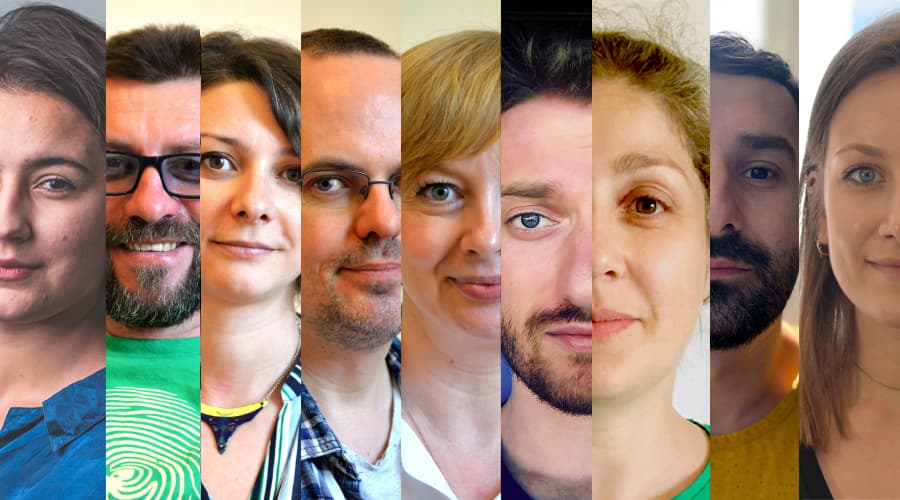
Avem nevoie de ajutorul tău!
Mulți ne citesc, puțini ne susțin. Asta e realitatea. Dar jurnalismul independent și de serviciu public nu se face cu aer, nici cu încurajări, și mai ales nici cu bani de la partide, politicieni sau industriile care creează dependență. Se face, în primul rând, cu bani de la cititori, adică de cei care sunt informați corect, cu mari eforturi, de puținii jurnaliști corecți care au mai rămas în România.
De aceea, este vital pentru noi să fim susținuți de cititorii noștri.
Dacă ne susții cu o sumă mică pe lună sau prin redirecționarea a 3.5% din impozitul tău pe venit, noi vom putea să-ți oferim în continuare jurnalism independent, onest, care merge în profunzime, să ne continuăm lupta contra corupției, plagiatelor, dezinformării, poluării, să facem reportaje imersive despre România reală și să scriem despre oamenii care o transformă în bine. Să dăm zgomotul la o parte și să-ți arătăm ce merită cu adevărat știut din ce se întâmplă în jur.
Ne poți ajuta chiar acum. Orice sumă contează, dar faptul că devii și rămâi abonat PressOne face toată diferența. Poți folosi direct caseta de mai jos sau accesa pagina Susține pentru alte modalități în care ne poți sprijini.
Vrei să ne ajuți? Orice sumă contează.
Share this


